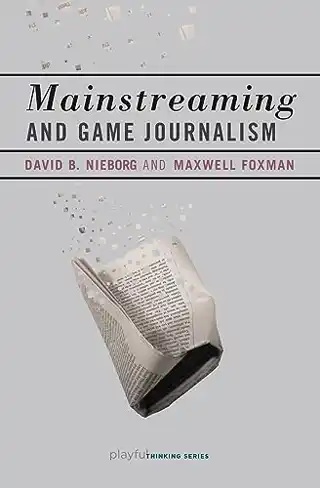Web Writing (2023) by Dr. A Nicole Pfannenstiel is designed to provide a practical, rhetorical approach to web writing and content strategy analysis for students completing advanced writing courses. The eTextbook uses the rhetorical situation and key concepts to help readers/students understand how to write within specific web spaces for specific audiences drawing on appropriate discourse community conventions. It includes a chapter devoted to the rhetorical situation and key concepts to help students analyze and build their understanding of existing communication. It also includes a chapter outlining approaches to content strategy analysis, using the rhetorical situation and key concepts to understand the rich public data provided through social media accounts to support learners understanding effective web writing. The content analysis overview helps students build skills for analyzing writing, for collecting and analyzing qualitative and quantitative social media data, and for drawing conclusions about content strategy best practices.
Conditions of Use
![]() This book is licensed under a Creative Commons License (CC BY-NC-SA). You can download the ebook Web Writing for free.
This book is licensed under a Creative Commons License (CC BY-NC-SA). You can download the ebook Web Writing for free.
- Title
- Web Writing
- Publisher
- PA-ADOPT
- Author(s)
- A. Nicole Pfannenstiel
- Published
- 2023-05-22
- Edition
- 1
- Format
- eBook (pdf, epub, mobi)
- Pages
- 66
- Language
- English
- License
- CC BY-NC-SA
- Book Homepage
- Free eBook, Errata, Code, Solutions, etc.
About PA-ADOPT About OER About the Author Table of Contents Chapter One Introduction to Web Writing Chapter Checklist Introduction Goals of This Book Making Choices in Web Writing Using Data to Make Choices in Web Writing Reading Digitally Read for Purpose Take Notes To Help You Read More Effectively, Don’t: To Help You Read More Effectively, Do: What to Do Next Reflection Activities: Organizing Your Files: Information Literacy Information Literacy as a Student Reflection Activities and Questions: Chapter Review Further Reading: Chapter Two Web Writing with the Rhetorical Situation Chapter Checklist Key Words from this Chapter: Rhetorical Situations Traditional Rhetorical Situation Updated Rhetorical Situation Reflection Activities: Rhetorical Situation: Adding Web Key Concepts Key Concept: User Experience Key Concept: Information Architecture and Discourse Community Key Concept: Audience Key Concept: Purpose Meta Moment Reflection Activities: Chapter Review Further Reading: Chapter Three Content Strategy and Content management Chapter Checklist Key Words from this Chapter: What is Content? Definitions Content Strategy Basics of Content Strategy Content Analysis Identify Content Creators Audience Analysis Research Question Method and Data Collection Quantitative Methods Qualitative Methods Mixed Methods Data Analysis Chapter Review Reflection Activities Further reading:








